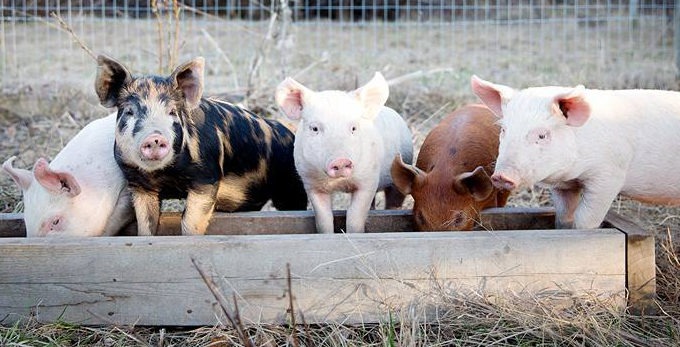Putting humane food on the menu
Increasing consumer awareness of where eggs and meat come from is good news for farm animals. Four out of five Aussies now say it’s important that meat and eggs sold in Australia are farmed in a humane way. But we still need to convince the other 20 percent. The RSPCA is working to educate consumers about where their food comes from. By doing so, it will increase demand for higher welfare, more humane food.
Regardless of people’s personal choices about eating eggs and meat, an end to battery cages and improvements in the welfare of Australia’s farm animals is going to come from everyday Australians supporting humane farming practices. It has the potential to make a real difference to the lives of millions of farm animals.
To help Aussie consumers make better choices when eating out, the RSPCA has created the Choose Wisely initiative. This online directory helps customers find eating spots that serve humane food, including cage-free eggs, higher welfare chicken and free-range pork.
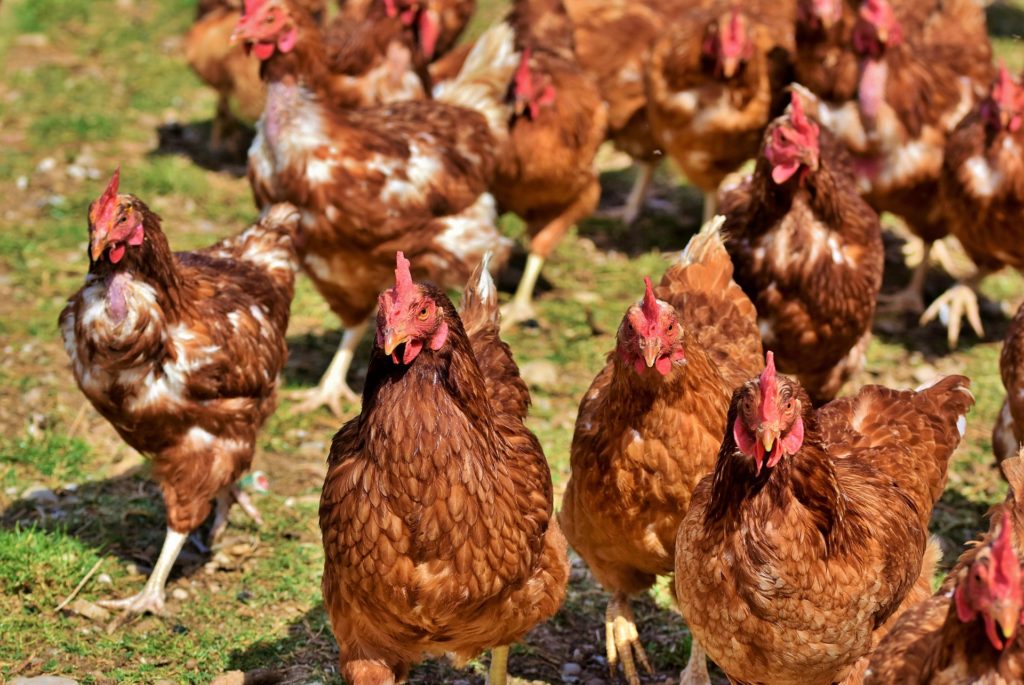
Confused by terms like “free-range” or “higher welfare”?
These terms refer to the systems used for housing farm animals. The absence of nationally agreed definitions or standards for product labelling allows for the often arbitrary use of such terms. For example, while “free-range” animals have access to the outdoors, how much access, how often they can access it and how big the area is can all vary greatly.
The problem with cage eggs
Cage eggs come from hens confined for their entire life in a metal cage – AKA a “battery” cage. Battery hens share their cage with up to seven other hens, each with less space than an A4 sheet of paper. Sadly, over 11 million hens live in battery cages – 70 percent of Australia’s layer hens. This is why the RSPCA is campaigning for an end to battery cages.
“While cage eggs are appearing less and less on supermarket shelves, the vast majority of eggs used in food service are cage eggs,” says Hope Bertram, Manager of Humane Food, RSPCA. “Food service uses around 40 percent of Australia’s total egg production, so while many Australians are choosing cage-free eggs in the supermarket, they’re probably unintentional consumers of cage eggs when dining out.”
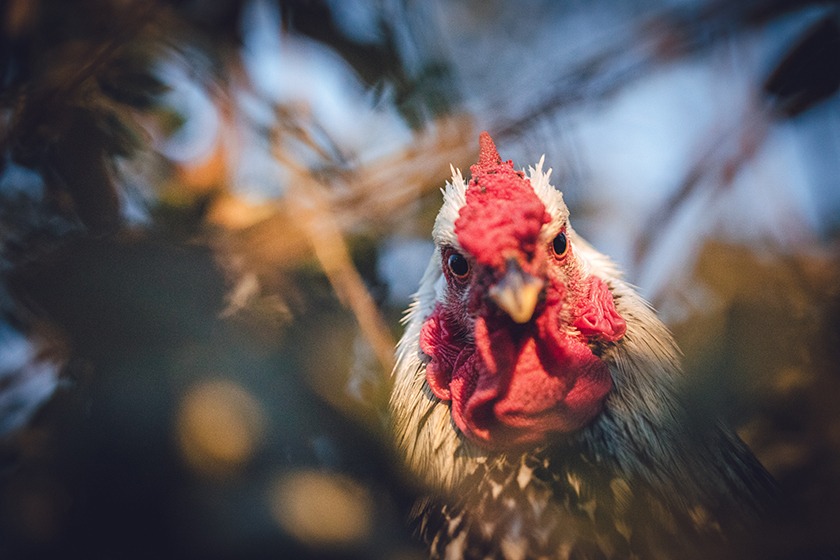
What are “barn-laid” eggs?
From an animal welfare perspective, it’s a myth that barn is second best. A well-managed barn can be just as good for a layer hen as a proper free-range facility. Barn-laid eggs can also be a good alternative to cage eggs.
Many eggs are now being marketed as “cage-free”. Essentially, cage-free eggs are barn-laid eggs. Hens aren’t kept in cages, but are able to move in large sheds. All barns have nest boxes but not all barns have perches or litter. Some barns have slats or wire mesh flooring. Some barns are more overcrowded than others.
A better choice of egg
“Free-range” eggs come from hens that are able to go outside during the day. However, conditions on free-range farms can vary. A good free-range farm will allow hens access to a well-spaced outdoor area, which includes shade and protection from predators.
“RSPCA Approved” eggs come from hens that are raised according to the RSPCA Approved Farming Scheme standards. Whether birds are raised in a higher-welfare indoor environment or with access to the outdoors, there’s a focus on providing for the hens’ behavioural and physical needs. These include perching, foraging and dust-bathing.
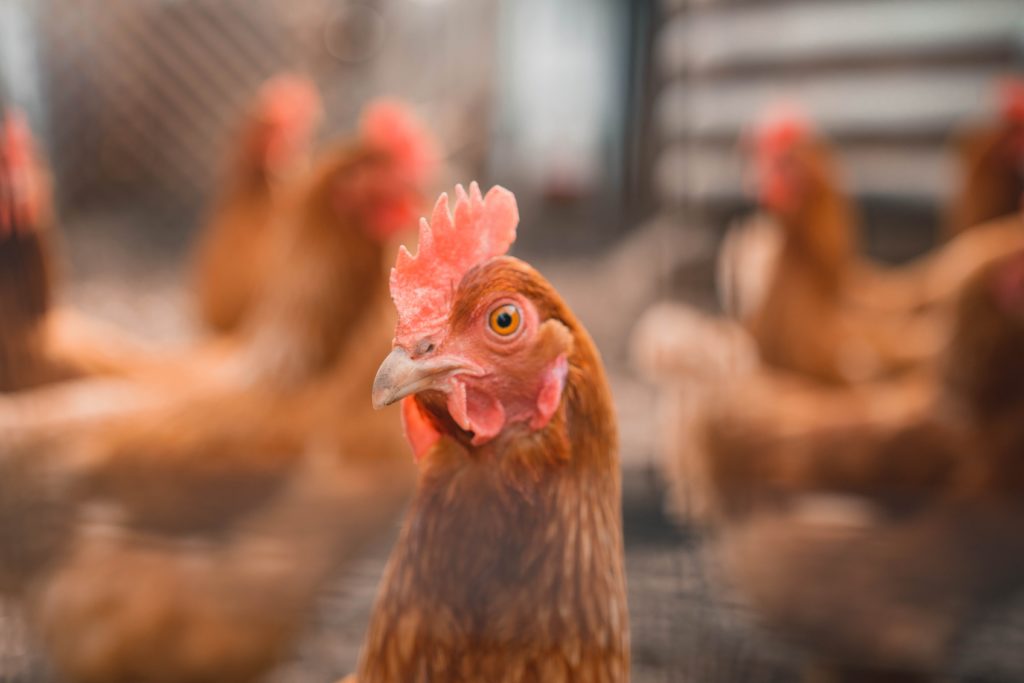
What about meat chickens?
Layer hens and meat chickens are two different breeds of bird – grown for two different purposes. Layer hens are egg-laying specialists. Meat chickens by name and nature are bred to produce meat and lots of it. In Australia, meat chickens are not kept in cages. The majority of meat chickens are raised in large, environmentally controlled sheds.
“Higher welfare indoor” chicken means that chickens are raised in a large barn or shed where their physical and behavioural needs are met. “Free-range” chickens have access to an outdoor area during the day. However, conditions on free-range farms can vary greatly.
“RSPCA Approved” chickens are raised according to the RSPCA Approved Farming Scheme standards. With a focus on providing good housing conditions, birds are given perches, objects to peck and proper lighting.
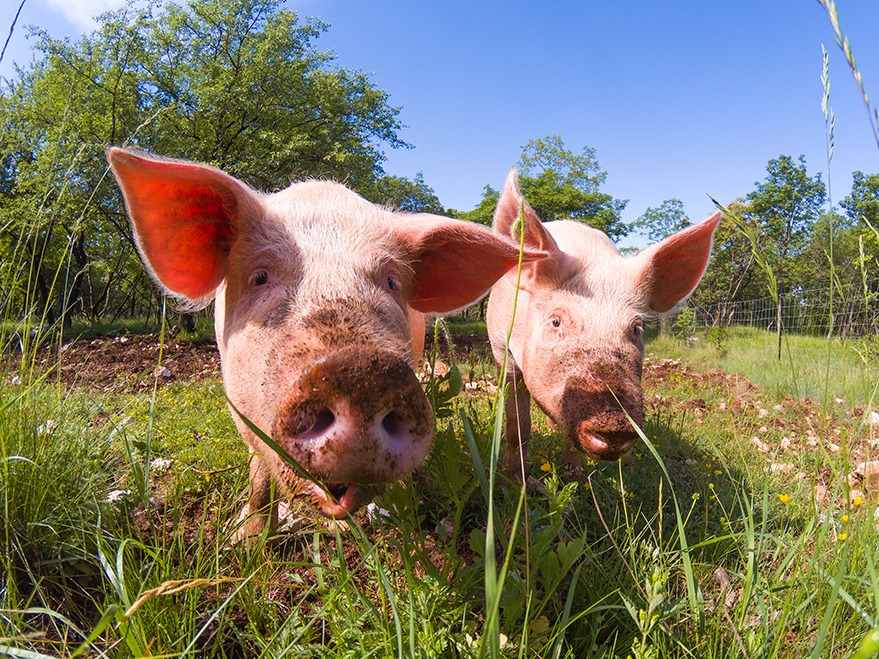
What is “bred free-range” or “outdoor bred” pork?
“Bred free-range” and “outdoor bred” refers to products from pigs that were born in a free-range environment but were then raised indoors. These pigs may be raised in large open sheds with straw bedding (known as eco-shelters) or in small pens on concrete floors.
The RSPCA Approved Farming Scheme requires that pork marketed as “bred free-range” or “outdoor bred” comes from farms where sows and boars range freely outside, piglets are born outside on the range and, once weaned, are subsequently raised in eco-shelters with straw bedding to forage and play in.
Choose Wisely makes it easy to find cafes and restaurants that put humane food on the menu. This means they serve eggs, chicken or pork that have been farmed with animal welfare as a priority. Search the Choose Wisely directory to find a venue near you.


